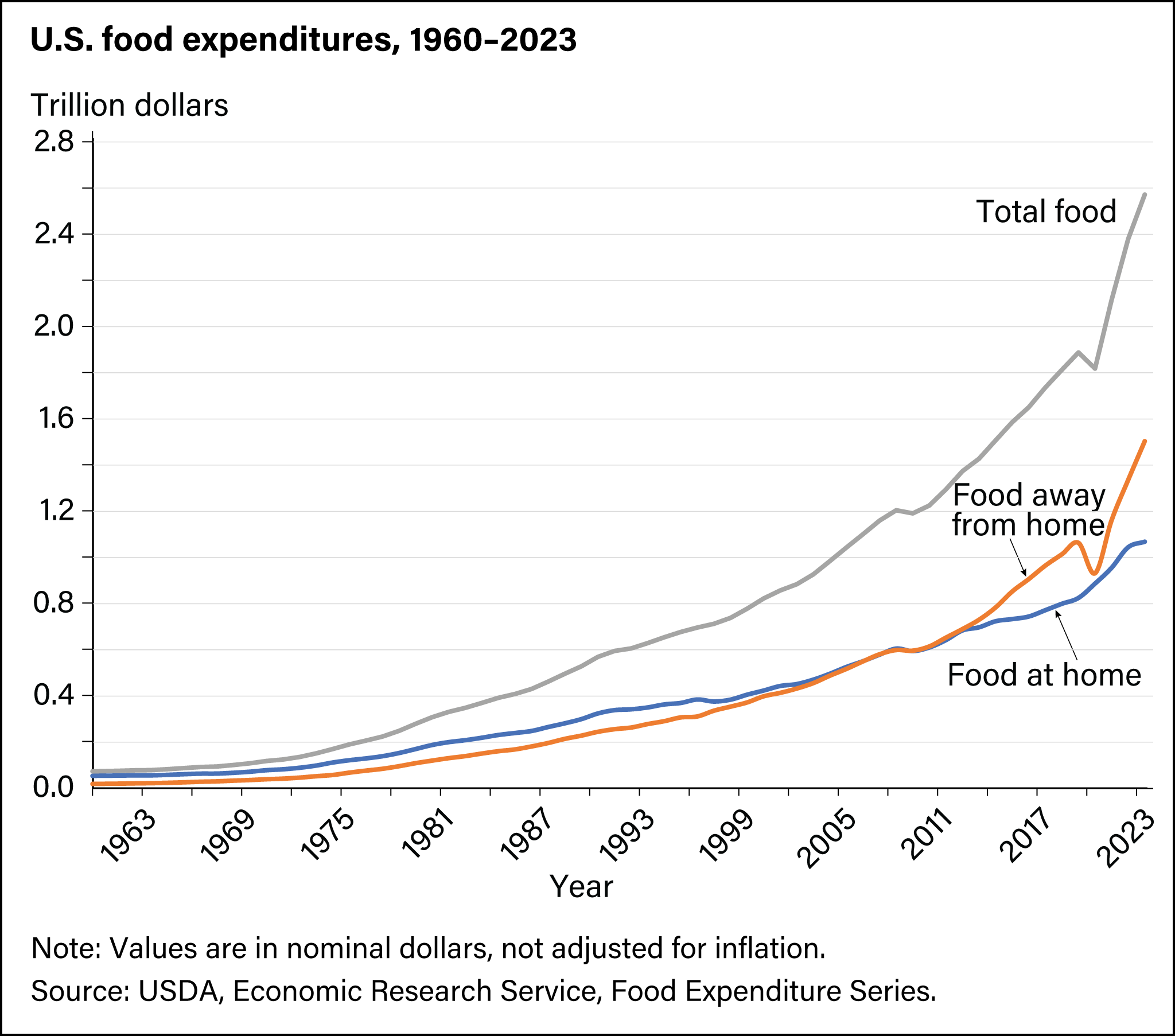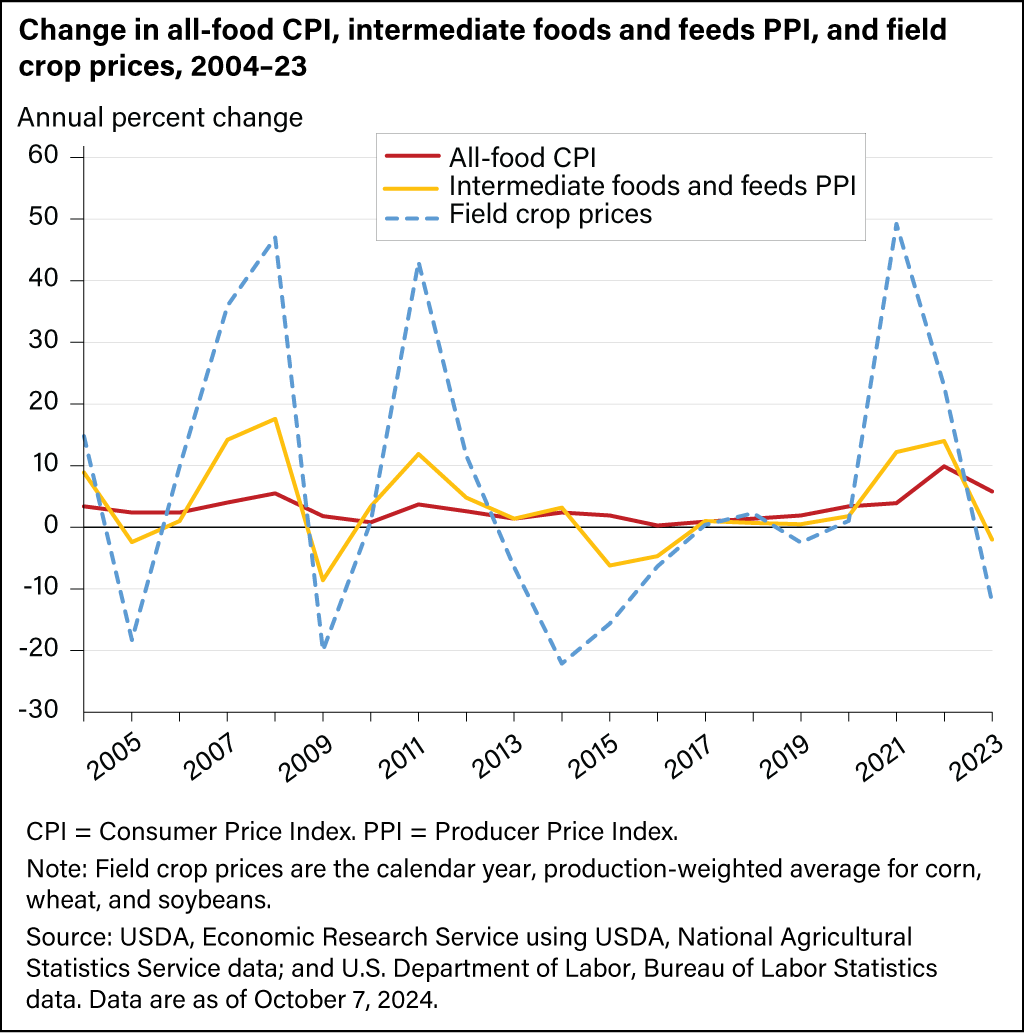By Chance Kitzman
I’ll start this off by saying, I’m neither anti-farm subsidies nor pro-subsidy. In my opinion, food security is national security, so the more we can work together to find an affordable way to produce consistent, healthy food, the better off we’ll be. According to the USDA, Americans spent $2.6 trillion on food in 2023. That’s about $6,500 per person. That number still only adds up to 11% of our total spending. Compared to other countries, Sweden, for example, spends nearly 30% of its income on food, so 11% doesn’t sound too bad. We could also argue on the quality of our food versus Sweden’s, but that’s a topic for another day.

One of the biggest and most well-known farm subsidies is crop insurance. Taxpayers foot the bill for 63% of crop insurance for farmers. Our government’s original idea with subsidies was to create market stability. In my opinion, if the USDA kept its fingers off market reports and let a third-party entity handle that, fluctuations wouldn’t have to be so dramatic. I’m not that old, and I can remember watching the news at noon with my grandpa when I was a kid, and him being excited when wheat moved $.10 on the board in a day.
The issue with subsidies from a farmer’s point of view is that you’re now required to conform to all the government's stipulations. I agree there needs to be rules to qualify for payments, but when a government as big as ours sets blanket rules across the country, it rarely goes well. Program payments have a limit of $125,000 per entity, per year. The most recent payment, called ECAP (don’t ask me what that stands for), only requires you to actively farm and report acreage on covered crops in 2024. This ECAP payment was in excess of the normal $125,000. How and who decides when limits should be raised, lowered, or ignored altogether? I received almost $90,000 from the ECAP payment. That was a big help for me, and it will go straight toward spring inputs.
In my opinion, access to global markets through our government is helpful because we can get higher prices. However, if our government programs were based solely on free market principles, we would be able to make decisions based solely on what drives a profit long-term, which is true sustainability. Sometimes our subsidies and government programs take us away from free market principles.

I’m starting to think maybe I am more anti-farm subsidies than I am pro. Going without them would be challenging for both farmers and consumers. We’ll see how things roll in the coming administrations.
Chance and his family farm near Upham. He currently serves as the chair of the NDFB Young Farmers and Ranchers Committee.
